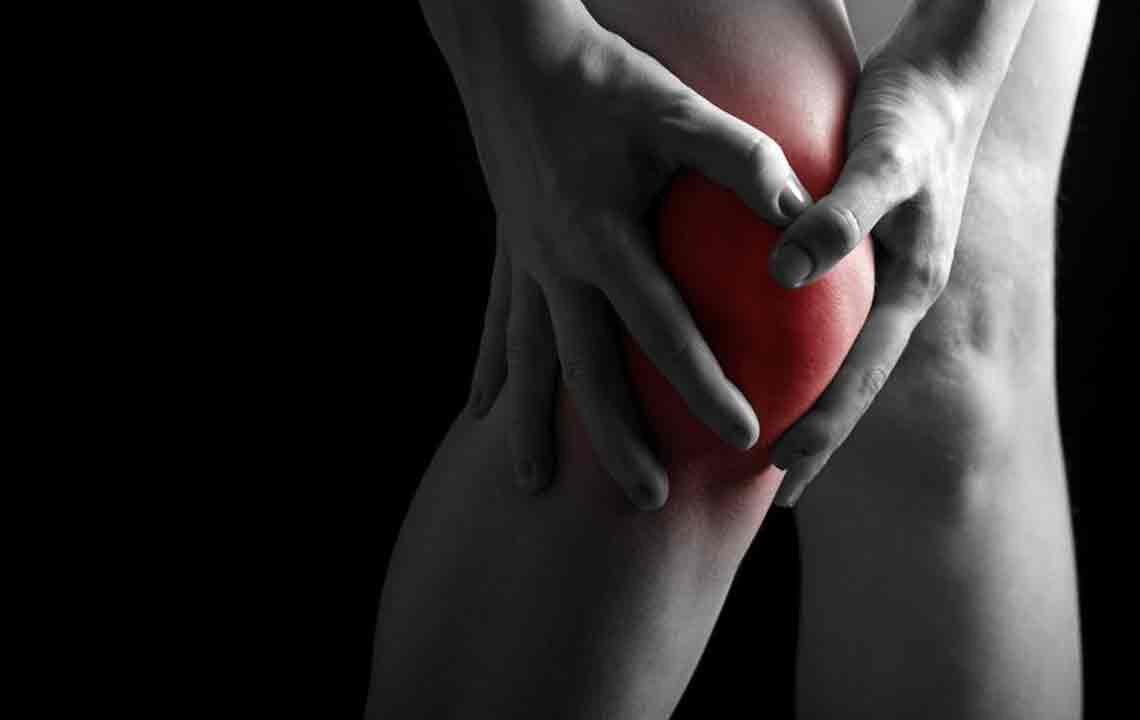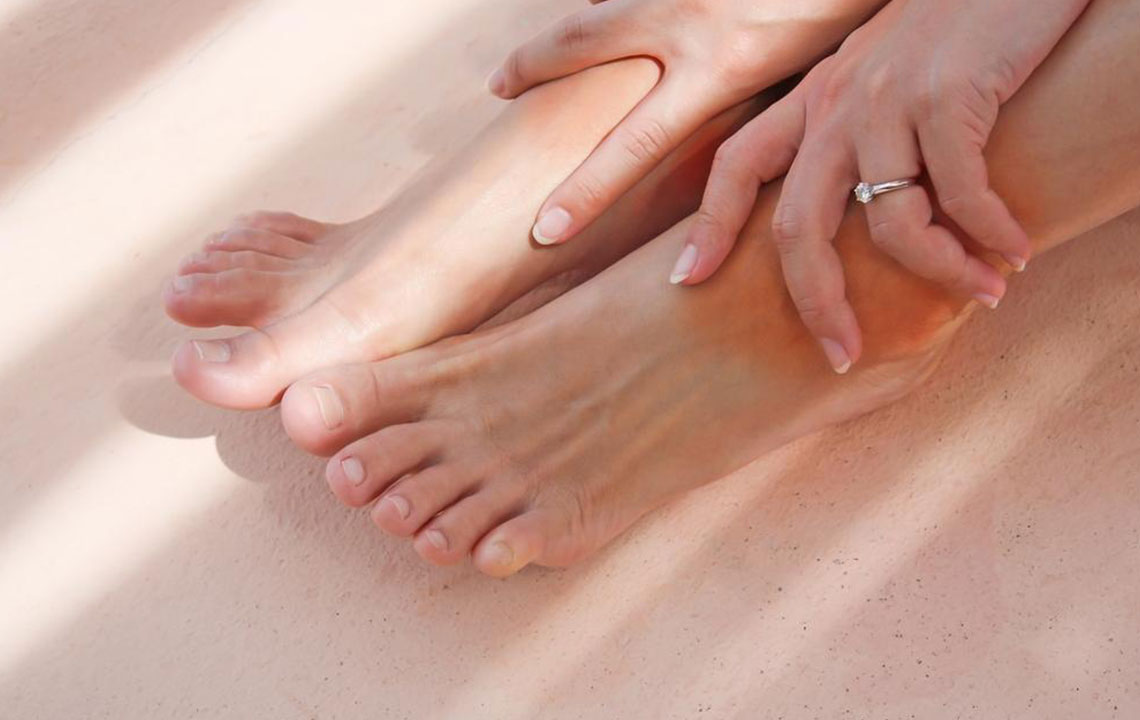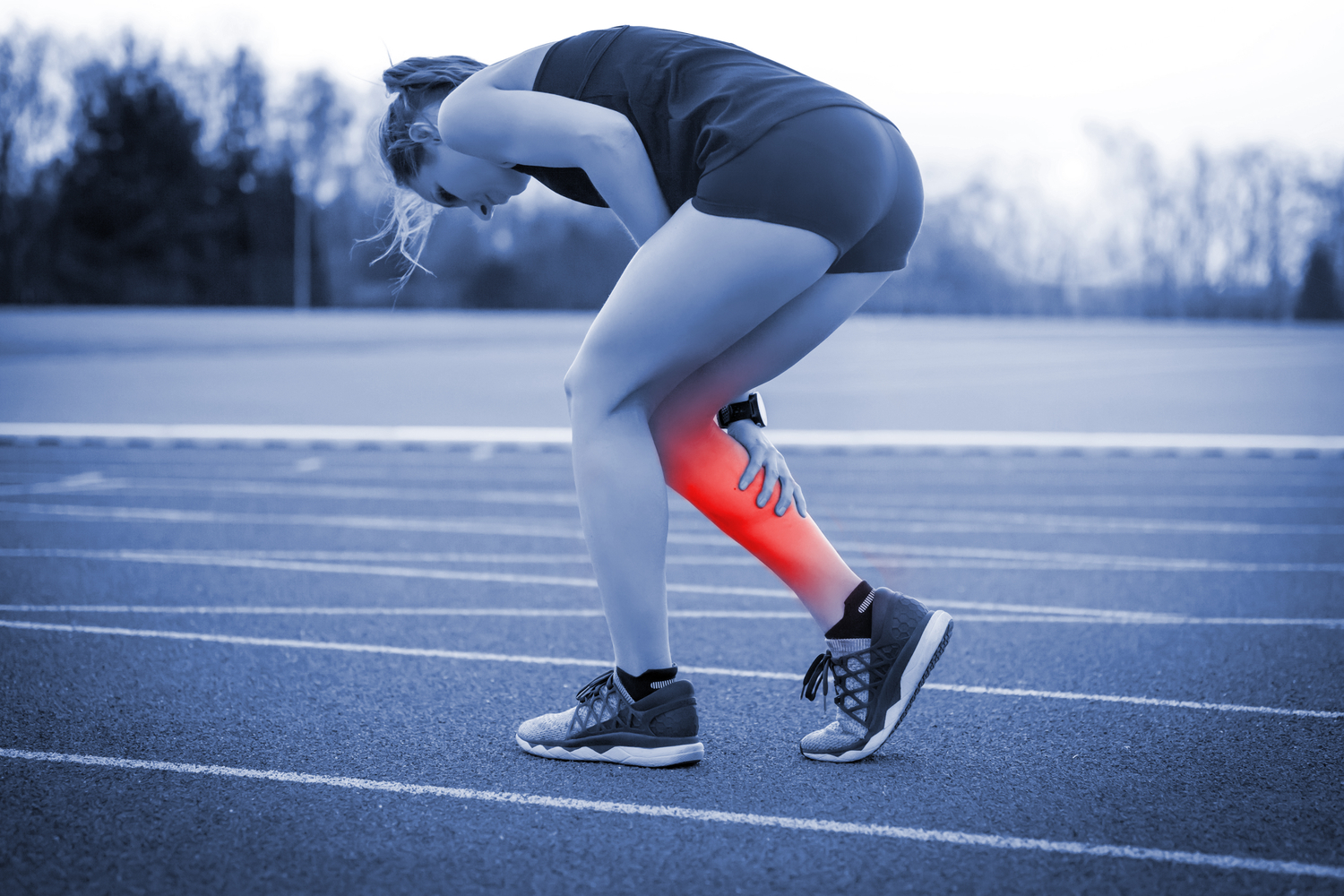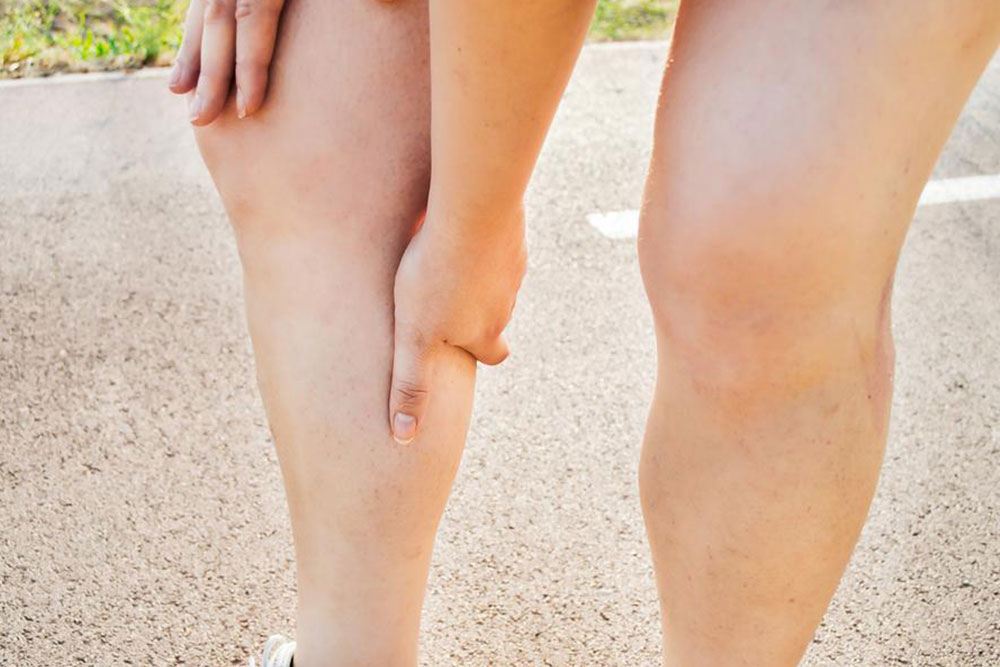Effective Strategies for Relieving Nighttime Leg Cramps
Discover effective techniques to prevent and relieve nighttime leg cramps. Learn causes, quick relief methods, and best practices such as stretching and hydration to manage these painful muscle spasms. Consult your doctor if cramps persist to rule out underlying health concerns.
Sponsored

Muscle cramps are sudden, intense muscle contractions that can last from seconds to minutes. Commonly affecting the legs, these cramps are also called charley horses. Nighttime leg cramps involve involuntary spasms in the calves, thighs, or feet, often occurring just as you are falling asleep or waking up.
Causes include overexertion, mineral deficiencies (calcium, magnesium, potassium), exposure to cold, awkward leg positions during sleep, dehydration, pregnancy, or certain medications like steroids or birth control pills.
To alleviate cramps when they strike, try stretching and massaging the affected muscle, walking around, or gently jiggling your leg. Stretching the calf involves sitting with legs extended, pulling your toes towards your knee with a rolled towel, or leaning against a wall with straight legs. Warm showers or hot packs can relax muscles. Over-the-counter pain relievers or prescribed medications may provide relief—use as directed. Staying well-hydrated with water or sports drinks helps prevent cramps.
Tips for prevention include:
Maintaining proper hydration by drinking plenty of fluids.
Limiting alcohol intake to prevent dehydration.
Eating foods rich in calcium, magnesium, and potassium, especially important during pregnancy.
Engaging in gentle exercise like stationary biking before bed, avoiding overexertion.
Performing proper stretching routines for leg muscles pre- and post-exercise and at bedtime.
Consulting a healthcare provider before starting multivitamins or changing medications that may cause cramps.
If cramps persist or worsen despite these measures, seek medical advice. Persistent leg cramps could signal underlying health issues and may require specific treatment to improve sleep quality.






